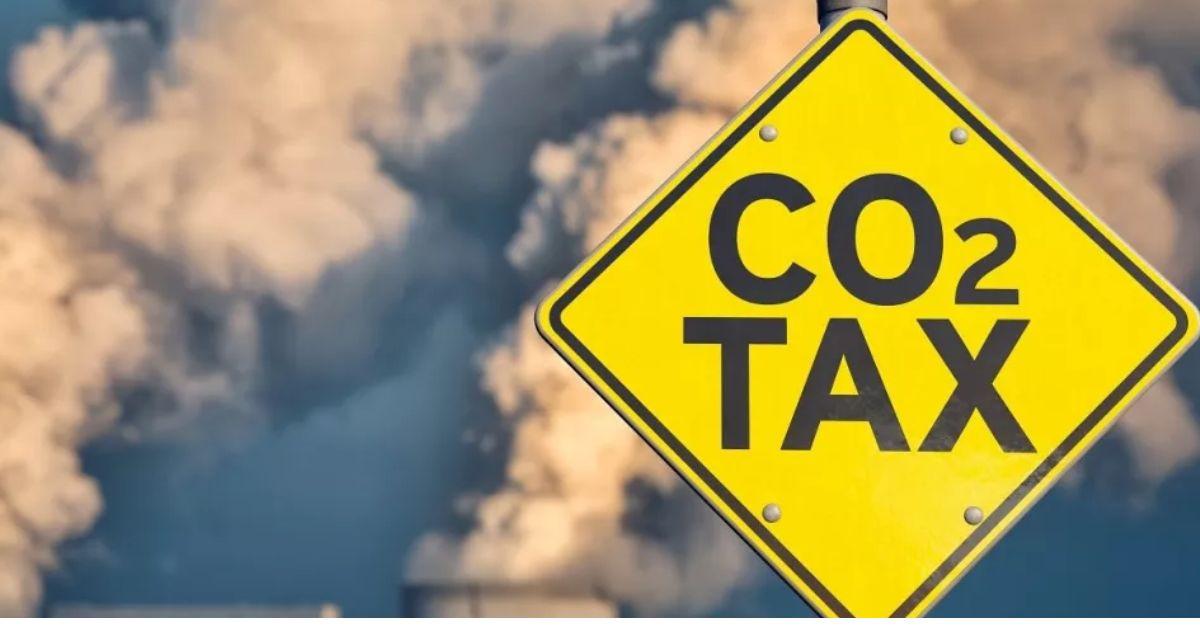Decision on ways to deal with European Union’s move to introduce Carbon Border Adjustment Mechanism (CBAM) is high on the agenda of the department of commerce, said Santosh Kumar Sarangi, Director General, Directorate General of Foreign Trade (DGFT) and Ex-officio Additional Secretary, during a session organised by Engineering Export Promotion Council (EEPC) India.
Addressing the concerns raised by MSMEs over the impact of CBAM in the session held on Thursday in Mumbai, Sarangi said that India had been exploring various options including ways in which retaliation could also be done or raising the issue at World Trade Organization (WTO) level or extending support to the micro, small and medium enterprises (MSMEs), according to a statement from Engineering Export Promotion Council (EEPC) India.
The CBAM mechanism allows the EU to unilaterally impose a levy on imports from countries that do not meet the environmental standards set by the European Union. The Carbon Border Adjustment Mechanism is a carbon tariff on carbon-intensive products, such as cement and some electricity, imported by the European Union.
“Therefore, there are various options which are currently being examined. So, this is one of the top agenda items of the department of commerce,” he said.
Sarangi said that EU would unlikely defer the introduction of CBAM and monitoring mechanism would kick in from October this year followed by levying of carbon tax from 2026.
“So, how do we create mechanism which will support MSMEs, our steel industry, our aluminium industry is something on which Department of Commerce, Ministry of Steel and Ministry of MSME all are trying to work together,” he said.
He further said that the exact contours of support and exact contours of dealing with EU have not really been finalised yet and work is still in progress.
Sarangi lauded the efforts of exporting community in achieving record exports and assured that as and when the issues related to carbon tax by EU comes to DGFT full support would be provided.
In his welcome address at the session, EEPC India Chairman Arun Kumar Garodia said that the new Foreign Trade Policy (FTP 2023) is a crucial step towards achieving India’s ambitious export targets and enhancing the competitiveness of Indian industries. He noted that policy is focused on boosting exports and reducing trade barriers, providing support to exporters, and promoting ease of doing business.







